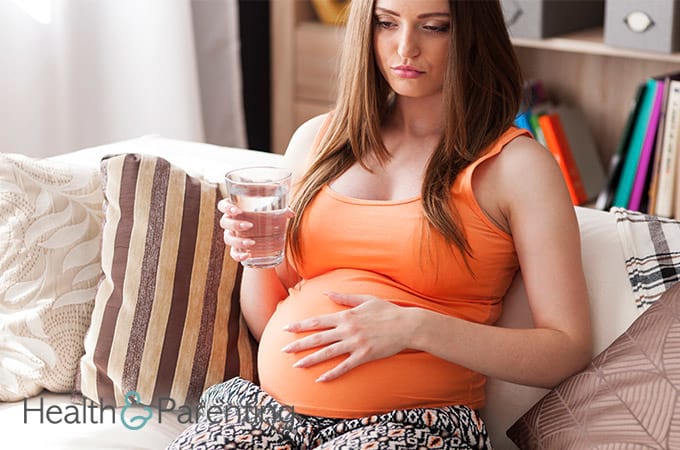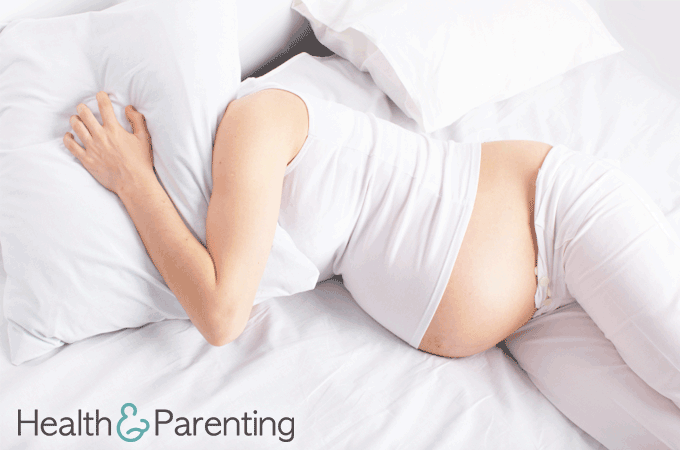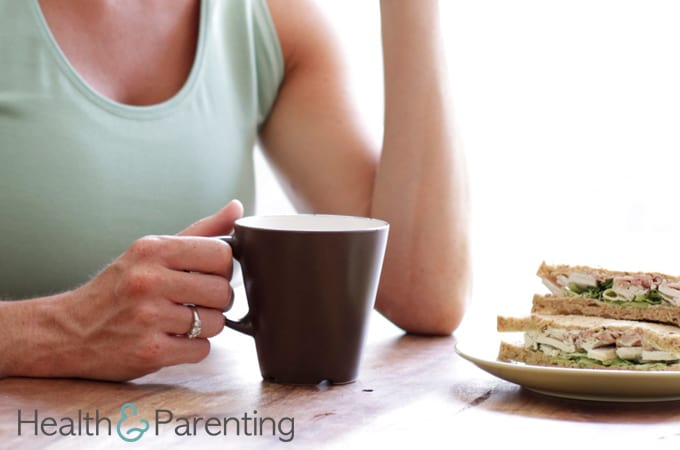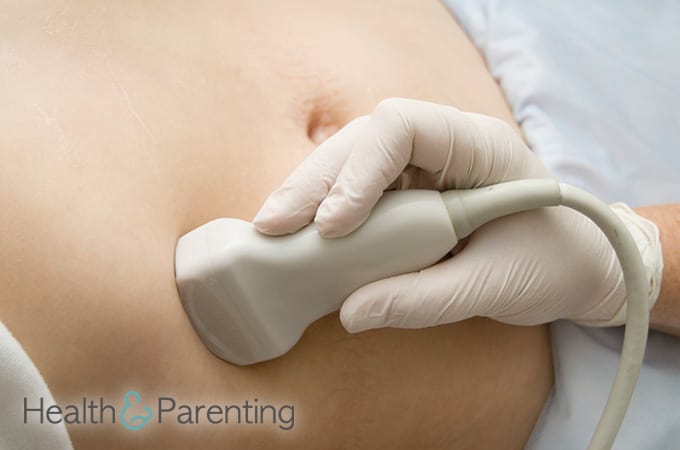Lots of strange things happen to you while you’re pregnant. Aside from the obvious Invasion of the Body Snatchers changes, you might also feel confused or forgetful. You may find yourself making mistakes that are out of character. Or find yourself mid-sentence unable to remember what you were saying. You may have forgotten words, and not in that on-the-tip-of-my-tongue sense, more in a gone-forever kind of way.
Between 50 and 80% of pregnant women report experiencing some degree of memory problems. Other reported symptoms include anxiety, stress, poor concentration and clumsiness.
What causes baby brain?
Baby brain is a relatively unknown phenomenon and very little research has been done to establish the causes or even existence of baby brain. Some assume that it is linked to the hormonal changes in the body during pregnancy. Progesterone and estrogen are both linked to memory, so it is thought the elevated levels of these hormones plays a part in this condition.
Most baby brain sufferers report symptoms in the final trimester, so it could be down to the distracting nature of impending motherhood. You may feel worried or anxious about the birth and caring for your baby, and these feelings may cause you to be less focussed on other areas of your life. Add to this the common sleep problems in the third trimester, and it’s no wonder you’re starting to feel a little frayed around the edges!
What can I do about it?
Unfortunately, there isn’t a quick fix for ‘baby brain’. Make sure you get plenty of rest, stay hydrated, eat a healthy diet and try to relax. Stress can make forgetfulness worse, so try to stay on top of your stress levels. Make sure you spend time each day relaxing.
You can also try to implement changes in your daily routine that may help you to combat the consequences of baby brain. If you are prone to misplacing your keys, designate a key hook or bowl in your home and make sure you always put the keys there. This will make your life easier, and save you lots of unnecessary running around.
If you have started to forget to do things at work or home, you should start keeping a to do list. Once you are used to referring back to it regularly, it will become second nature. You won’t be waking up panic stricken at 3am with the gloomy realisation that you’ve forgotten to write the presentation for the board meeting in six hours. You really don’t need wake up calls like that when you’re pregnant.
Be honest with people about your forgetfulness, and explain that it is a symptom associated with pregnancy. Don’t waste time feeling embarrassed or upset about the forgetfulness, just explain it and move on. People may be willing to offer you extra support in the meantime.
When will it end?
Although you may like to believe that as soon as the baby pops out, your baby brain will be instantly cured, unfortunately this isn’t the case. In fact, many women report suffering from “mummy brain” after the birth. The difference is that instead of being occupied by the impending birth and motherhood, you will now be preoccupied by your baby. The sleepless nights and distracted attention will probably plague you for an extra few months at least, sorry.
Written by Fiona, proud owner of a toddler, @fiona_peacock
This information is not intended to replace the advice of a trained medical doctor. Health & Parenting Ltd disclaims any liability for the decisions you make based on this information, which is provided to you on a general information basis only and not as a substitute for personalized medical advice. All contents copyright © Health & Parenting Ltd 2018. All rights reserved.





















